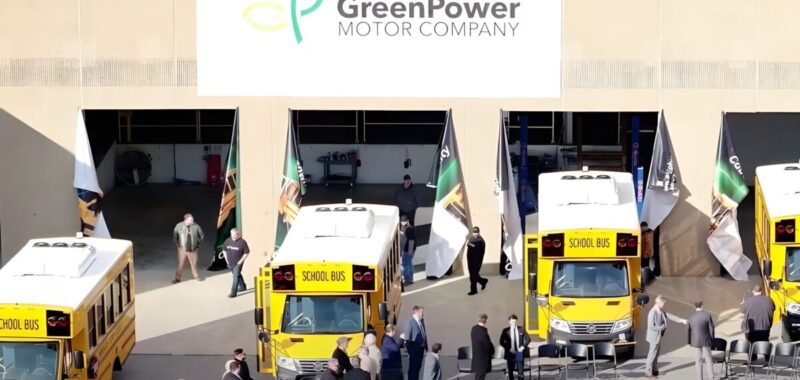The electrification of road public transport will be crucial to achieving net zero in North America. A 2021 study by the National Academies of Sciences, Engineering and Medicine found that the energy saved by US drivers using public transit instead of cars led to a reduction of 63 million metric tons of CO2 in 2018. Decarbonised buses have since enjoyed strong support from the Biden Administration’s Infrastructure Investment and Jobs Act, which allocated US$89.9bn for public transit.
However, transitioning to electric buses (e-buses) is proving difficult for manufacturers and fleet operators alike. From a fleet operator’s perspective, steep upfront costs and a lack of infrastructure make embracing e-buses a daunting prospect. A 2021 study conducted by National Renewable Energy Laboratory on behalf of the US Department of Energy revealed that an e-bus can cost upwards of 50% more than its diesel equivalent, before additional costs such as maintenance and charging infrastructure are factored in.

